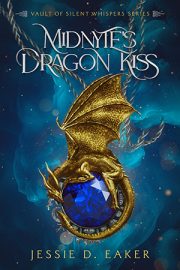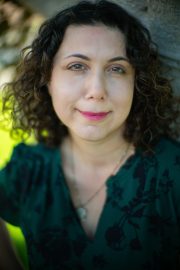Guest Post: How I Went From Writing
2,000 Words a Day to 10,000 Words a Day
When I told people at ConCarolinas that I’d gone from writing 2k to 10k per day, I got a huge response. Everyone wanted to know how I’d done it, and I finally got so sick of telling the same story over and over again that I decided to write it down here.



